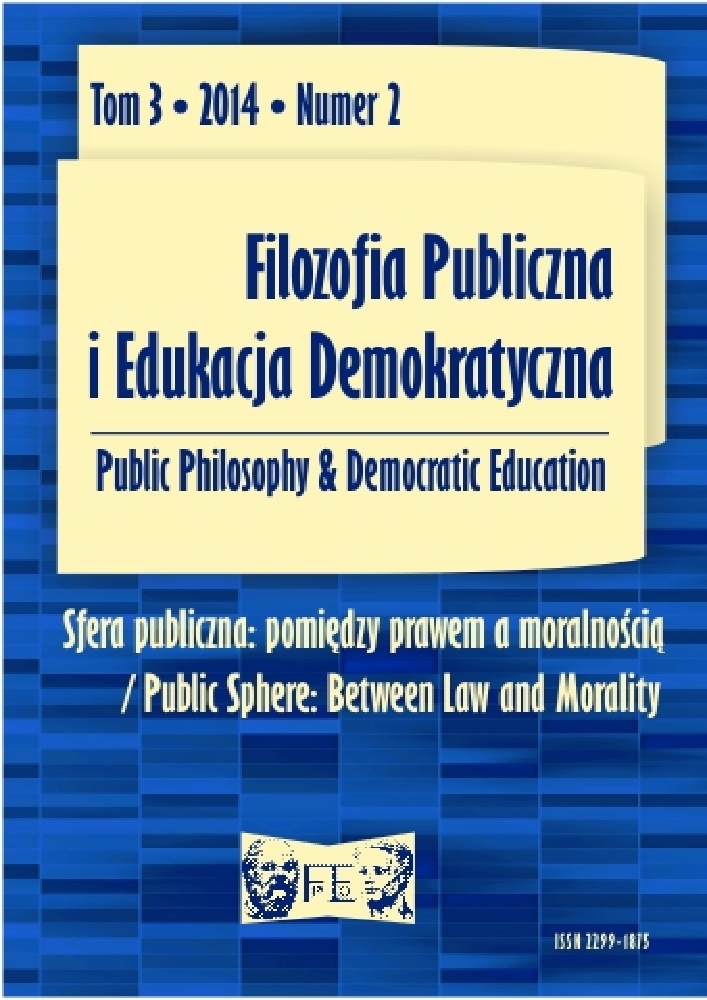Abstract
Nowadays with China’s gradual entering into the globalized time, the goals and functions of the Chinese higher education should be innovated correspondingly. To cultivate the global citizen with internationalized perspective should become the fundamental dynamics of the present innovation in Chinese higher education. The international world of academy has different understanding to the concept of global citizen, but it also has some consistent opinions. For instance, the global citizen should have a world vision and perspective, and should not only concern the affairs of the local area and one’s own nation, but also turn the vision of concentration to the whole globe; should form core values that could be recognized internationally and used in the management of the global affairs; and should also take an active stance in order to change the reality of the world so that the environment of the globe could become better gradually. To cultivate the global citizen with high quality, the following requirements should be paid attention to: (1) the consciousness of global citizen and globalization as well as the competencies of cross-cultural communication should be cultivated in higher education with teachers’ cultivation one step ahead; (2) the country should have legislation to strengthen the educational goals of cultivating global citizen in higher education in order to cultivate the students to become the real global citizen with high quality who could make their contributions to the country and the world and who could also offer the intelligence and capacity as a tribute; (3) the core values with global significance in Chinese traditional culture should be refined, and the world populated core values should be analyzed scientifically so that the corevalues in globalized epoch could be formed and established gradually with the communication between the cultures of East and West; (4) the Chinese universities’ ‘going global’ should be greatly pushed so as to make the world understand China and to make China understand the world better and better.References
Falk Richard, On Human Governance: Toward a New Global Politics. A Report To The World Order Models Project, Polity Press, Cambridge 1995.
Hao Jun, Sun Chenhui, “Universities’ Challenges and Mission in the Era of globalization”, Science Times, 2011 http:// news.sciencenet. cn/htmlnews/2011/5/246806.shtm [date of entry: 30/10/2011].
Kaplan Robert D., Imperial Grunts: The American Military on the Ground, Random House, New York 2005.
Kelleher Ann, Klein Laura, Global Perspectives: A Handbook for Understanding Global Issues, Prentice-Hall, Upper Saddle River, NJ 1999.
Jennifer Massey, Jeff Burrow, “Assessing the Experiences of Participants in Queens University’s International Exchange Program”, Student Affairs Services Association, Kitchener, Ontario 2009.
Richard Levin, “Cultivating global citizen for the future”, http:// www.xttop.com/sz/24575.html.
Song Qiang, Hu Haibo & Xia Xuexian, “International cooperation in global civil society and globalization era”, Journal of Taiyuan Normal University, Social Science Edition, Vol.12, No. 1, 2013 (11).
Teng Xing “Globalization and Higher Education Idea Innovation”, China Education Daily, 11/04/2000, http:// paper.jyb.cn/zgjyb/ html/2013 12/30/content_336715.htm?div=-1.
Wang Jiabo, “Examine the globalization of higher education”, China Academic Humanities and Social Science Information Network, 08-25/2011.
Yu Gobin, “How to build a new international order in the era of globalization”, Research of Social Science, Vol. 25, No. 5, 2004, p. 24.
License
Copyright (c) Authors retain copyright and publishing rights to their articles in this journal, granting the journal the right to distribute them under the terms of the CC BY-NC-ND 4.0
